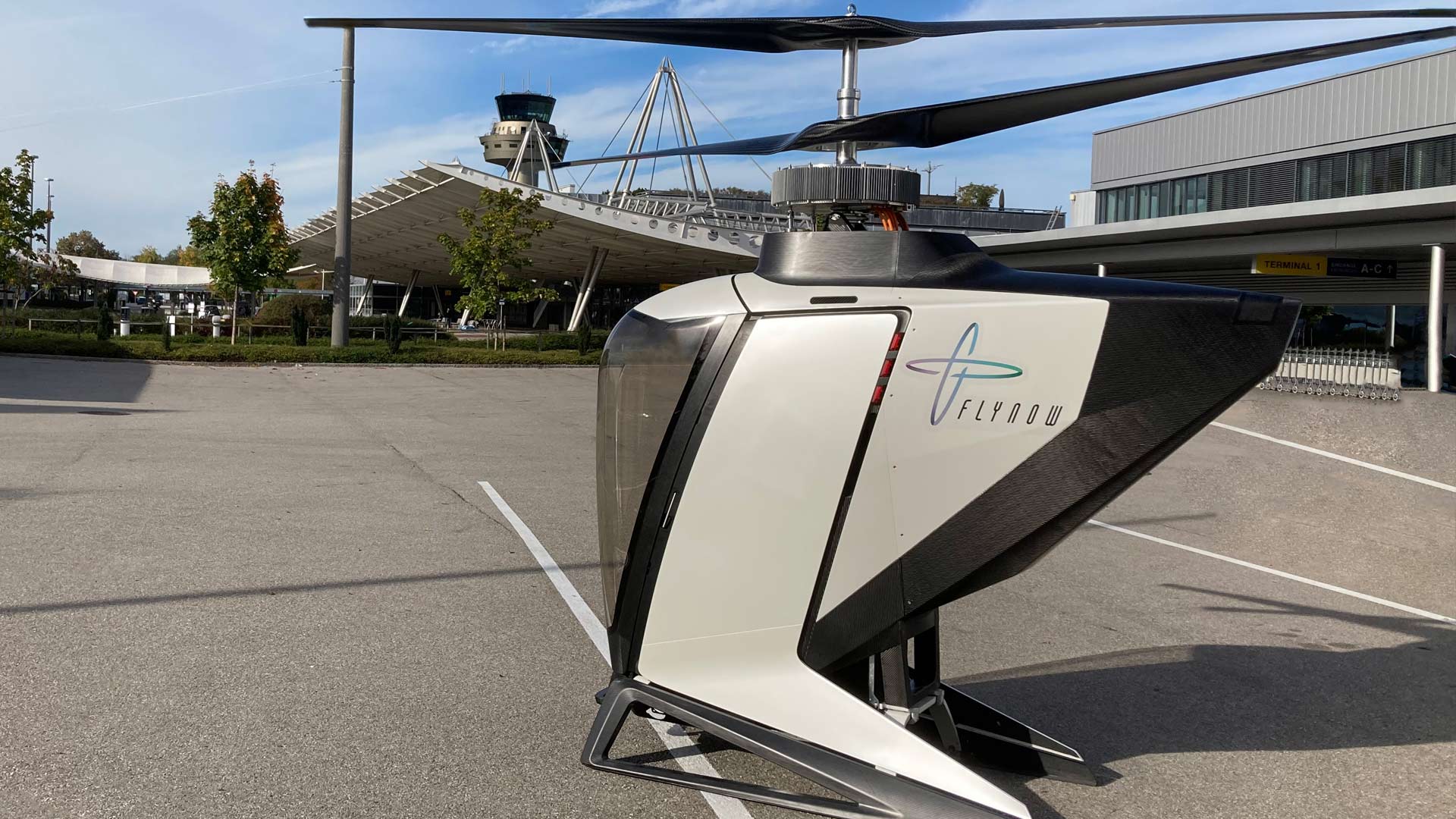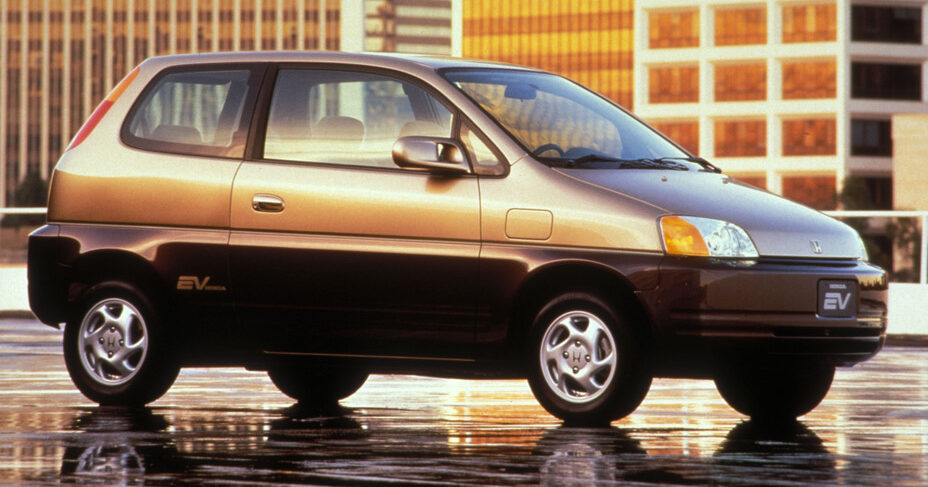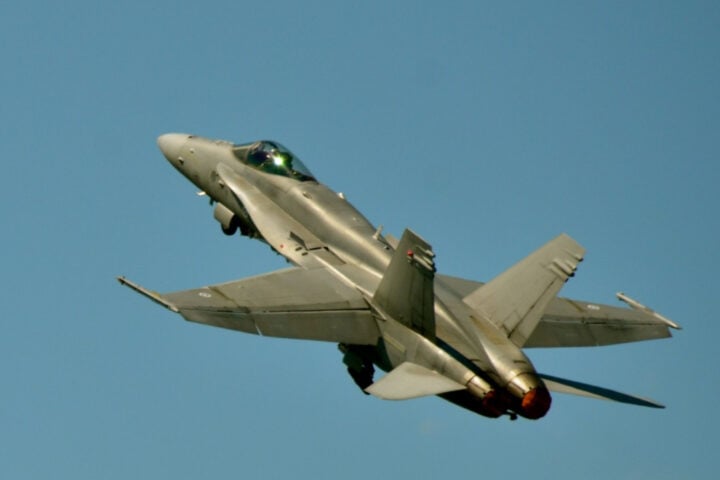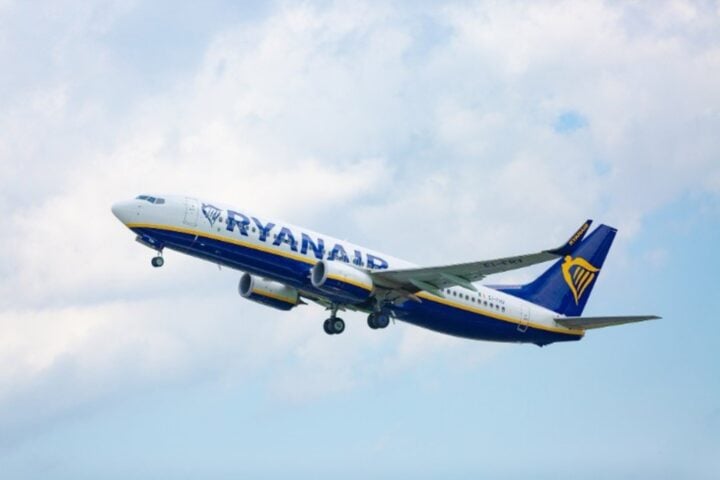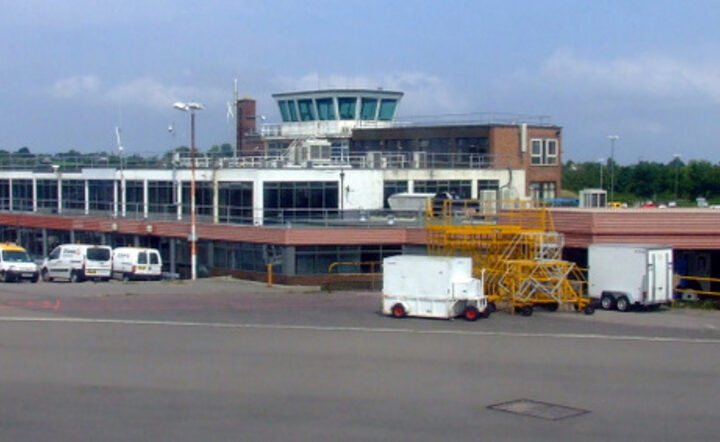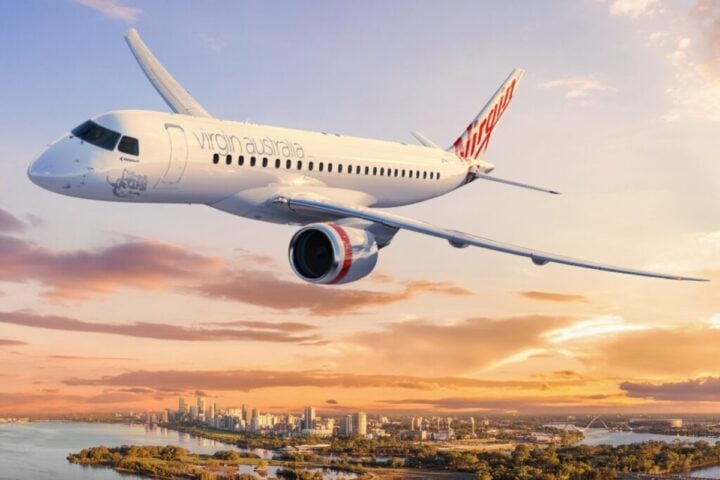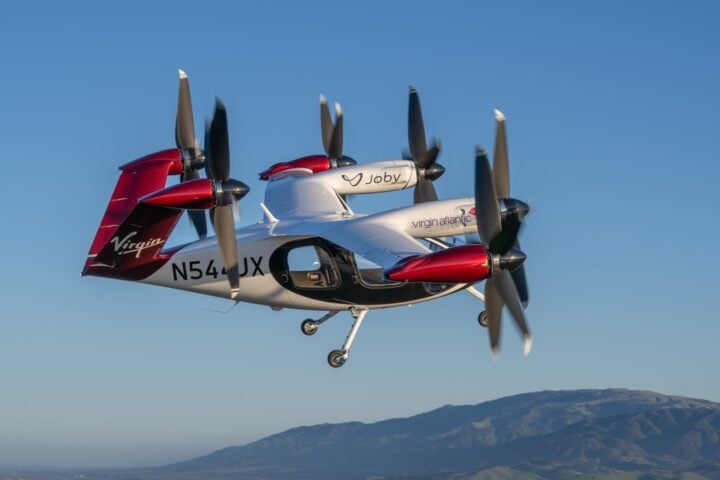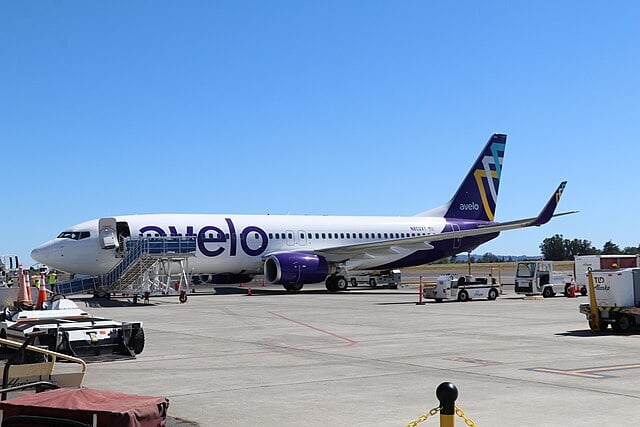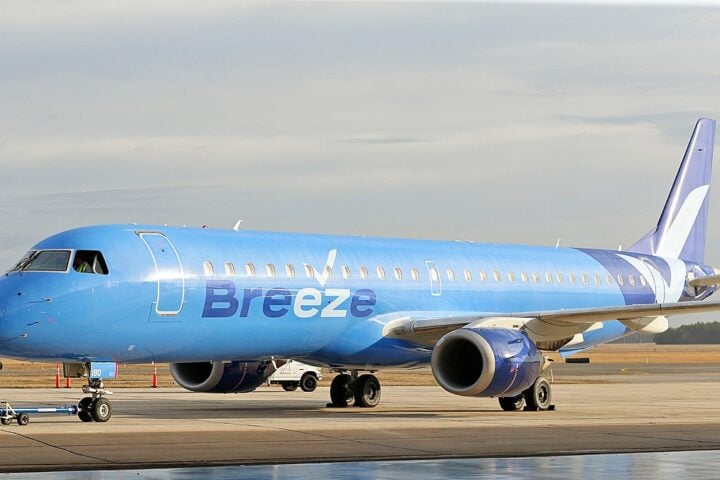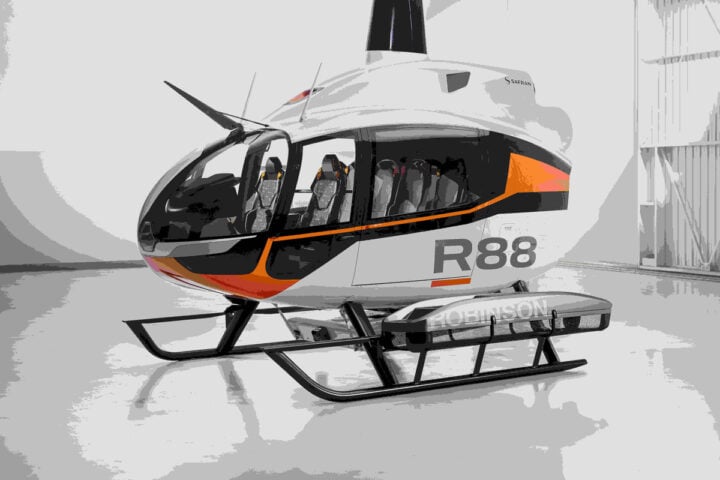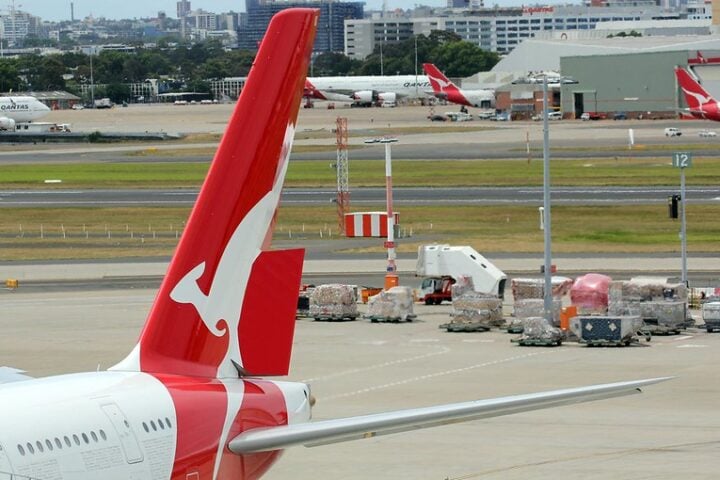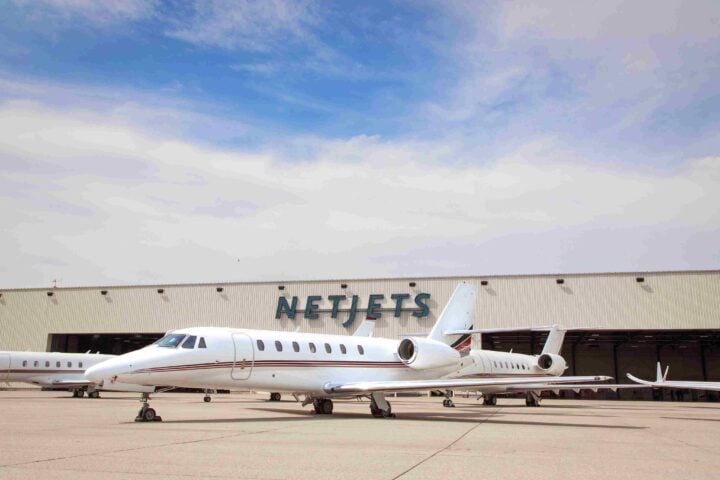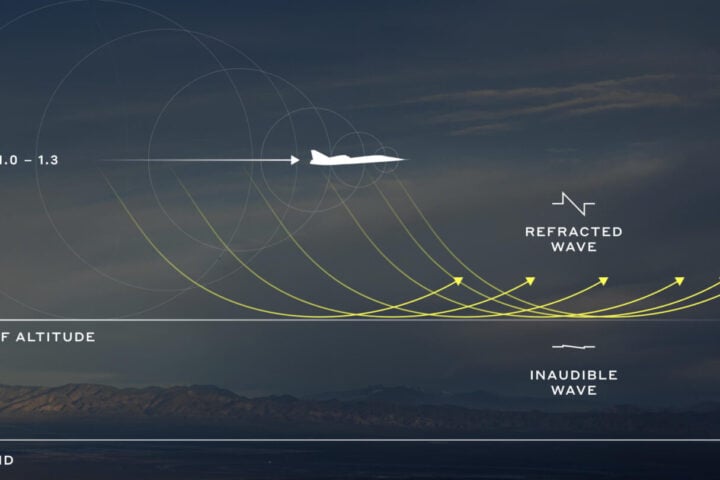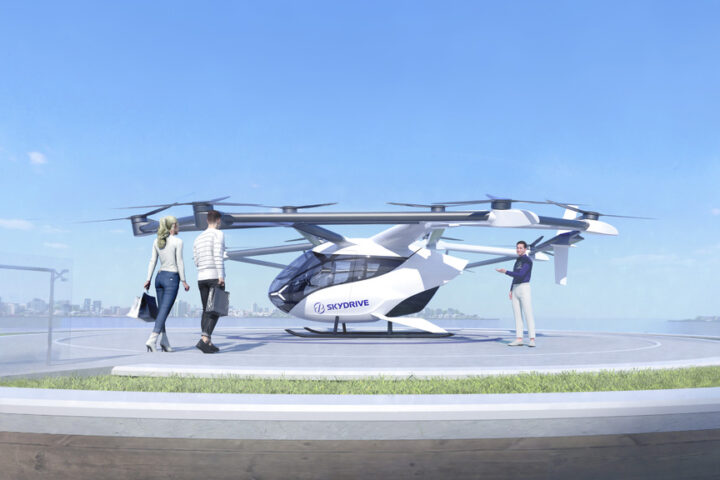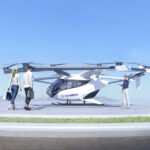FlyNow’s eCopter Aims to Revolutionize Urban Transportation
Austrian startup FlyNow Aviation is developing an electric vertical takeoff and landing (eVTOL) aircraft called the eCopter, which could transform urban mobility. The company’s goal is to create an affordable, efficient, and environmentally friendly alternative to ground-based transportation in congested cities.
Key Features and Specifications
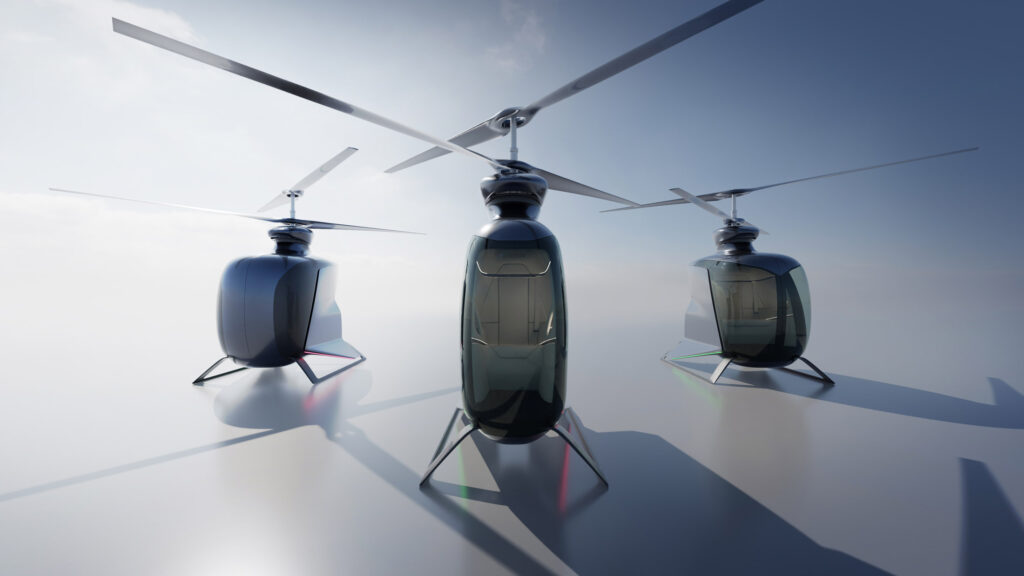
The eCopter utilizes a coaxial electric drivetrain with two counter-rotating rotor propellers placed one above the other. This design choice allows it to be classified as an electric helicopter by the European Union Aviation Safety Agency, potentially streamlining the certification process compared to multi-rotor eVTOL designs.
FlyNow claims the eCopter will have the following capabilities:
- Maximum payload: 200 kg (441 lbs)
- Range: 50 km (31 miles)
- Flight time: 30 minutes
- Maximum velocity: 130 km/h (81 mph)
- Noise level: Under 55 dB(A) at 150m altitude
- Zero CO2 emissions
The company plans to offer single-seat, twin-seat, and cargo versions, all based on the same airframe to reduce production costs. However, the mathematics of fitting two passengers plus luggage within the stated 200 kg payload limit remains unclear.
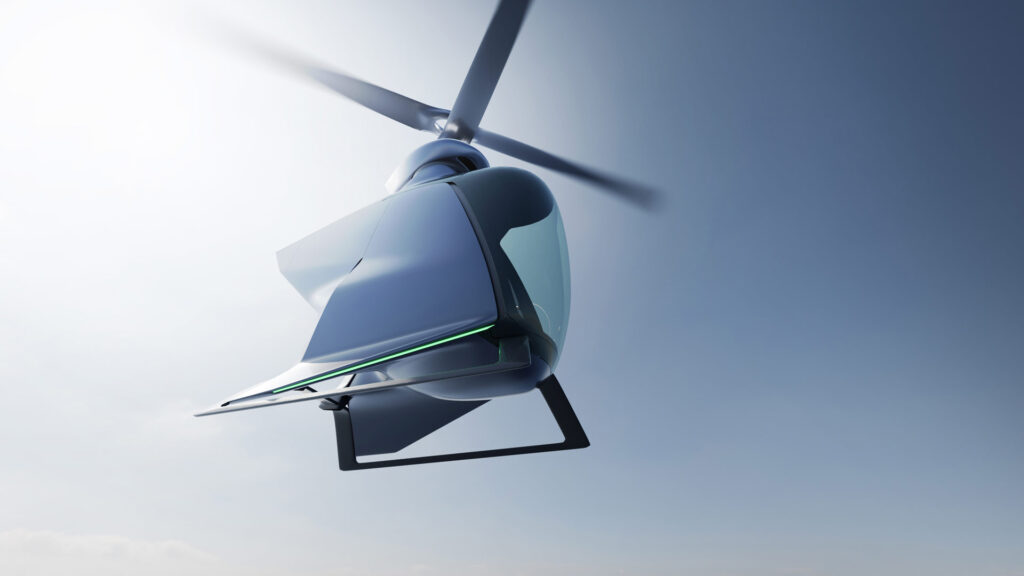
Automated Flight and Safety Features
Rather than pursuing full autonomy, FlyNow has opted for an automated flight system. The eCopter will operate on pre-programmed routes, similar to commercial airliners. This approach may face fewer regulatory hurdles than fully autonomous systems.
Safety features include:
- Ability to make evasive manoeuvres to avoid birds
- Hovering capability if sensors detect other aircraft on a collision course
- Multiple redundancies in the electric drive system
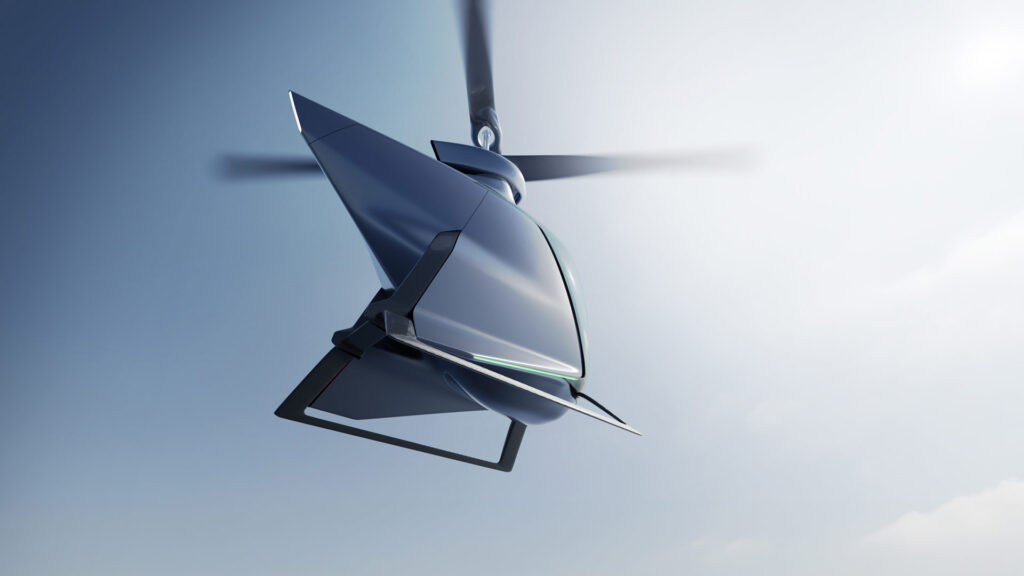
Market Potential and Applications
FlyNow envisions the eCopter serving as an air taxi for urban commuters. CEO Jürgen Greil stated, “Urban Air Mobility is designed to complement and extend existing transport infrastructure, providing individuals with more options to reach their destination.”
Beyond passenger transport, the cargo version could find applications in logistics, potentially moving supplies between land and ships. The company has not ruled out military applications, though details remain unspecified.
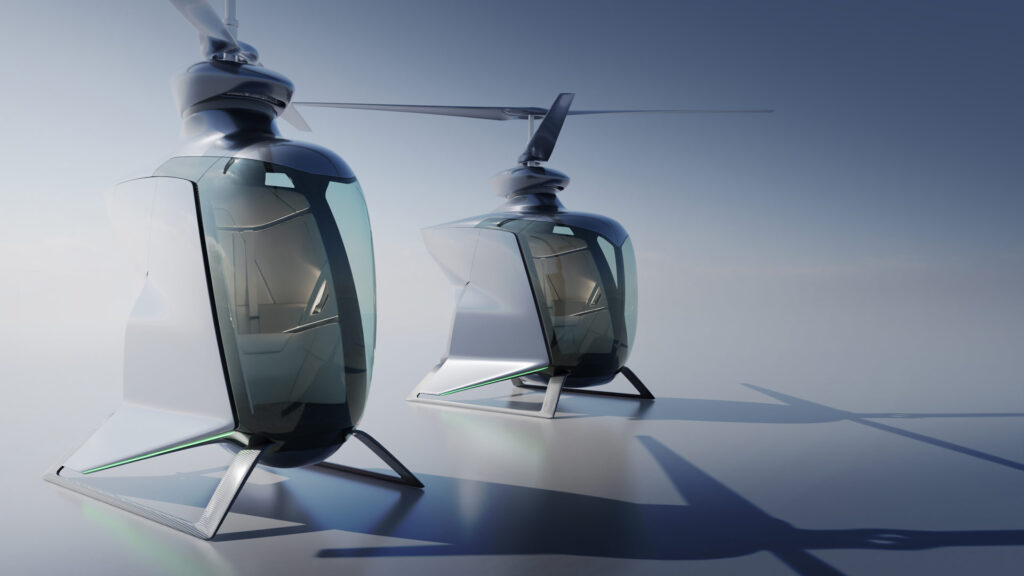
Environmental and Economic Benefits
FlyNow cites research indicating significant economic losses due to traffic congestion—over 400 billion USD annually in the US, UK, and Germany alone. The eCopter could help alleviate this issue by providing an alternative to ground transportation.
Similar Posts
Challenges and Skepticism
While FlyNow’s vision is ambitious, several hurdles remain:
- Prototype Development: The company has only conducted ground tests on a full-scale proof-of-concept model. A flying prototype has yet to be built.
- Certification: Though potentially easier than other eVTOL designs, the eCopter still requires regulatory approval before commercial operations begin.
- Infrastructure: A vertiports and charging stations network will be necessary to support widespread eCopter usage.
- Cost Projections: FlyNow’s claim that eCopter fares will be comparable to ground taxis remains to be proven.
- Competition: Numerous well-funded companies are also developing eVTOL aircraft, creating a crowded market.
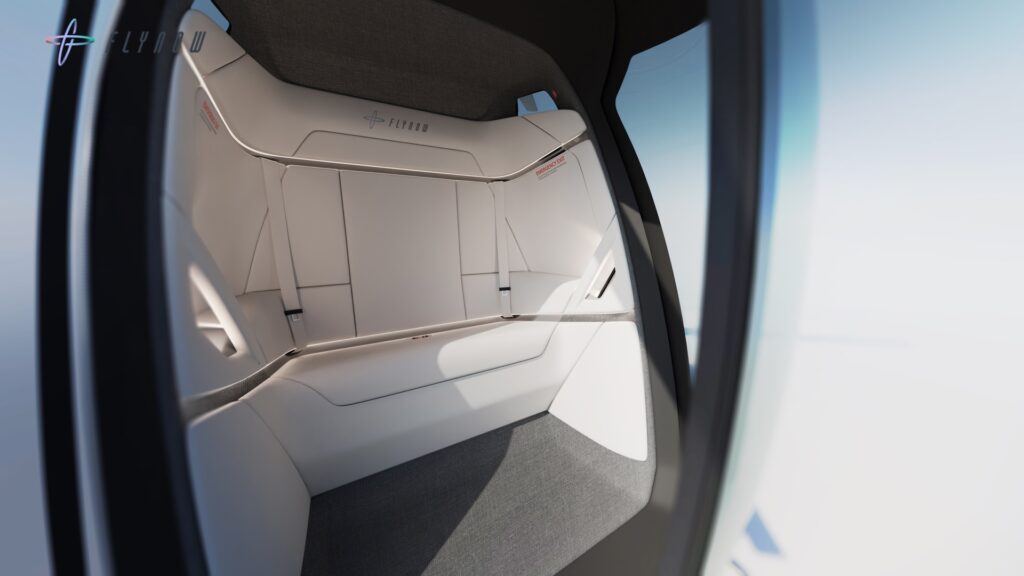
Expert Opinions and Industry Context
Yvonne Winter, co-founder of FlyNow, emphasized the efficiency of their coaxial-rotor design in an interview with Zag Daily
“This configuration is a very unique configuration as it has a coaxial-rotor system with a tilting head mechanism. This is the most efficient system out there.”
Winter also highlighted the importance of affordability and public acceptance: “If it’s only a toy for the super-rich, most people will be against urban air mobility.”
Dr. Samer Al-Jabari, Executive Chief Advisor of Aerospace and Renewable at Saudi Arabia’s National Industrial Development Center, was cited by Winter as a key figure in validating eVTOL concepts and facilitating industry collaboration.
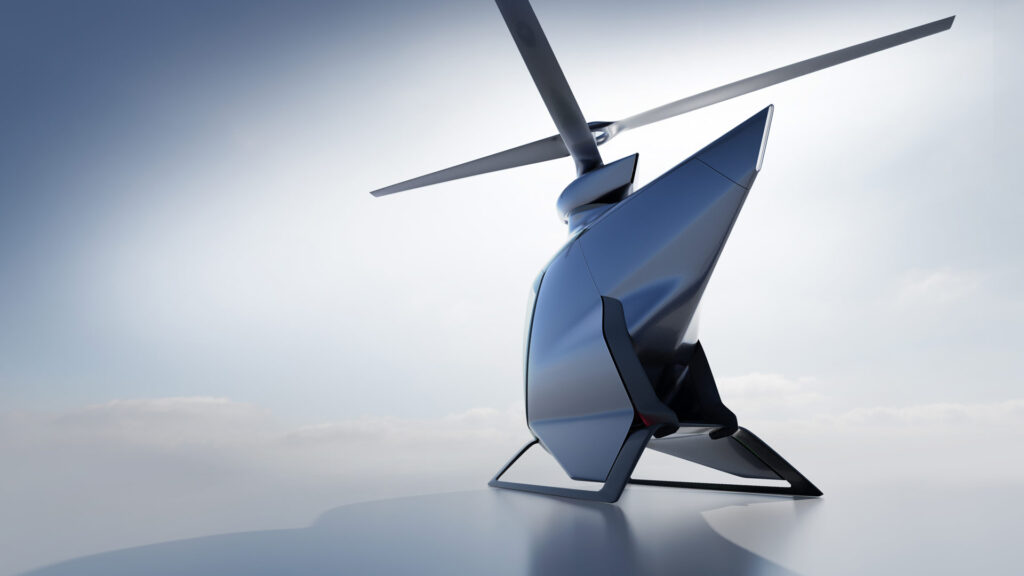
Future Outlook and Development Timeline
FlyNow plans to begin commercial production of the eCopter in 2026, starting with the cargo version before introducing passenger models. The company is currently in discussions with potential commercial partners for air taxi and air cargo operations.
A large pilot program is scheduled for next year in Saudi Arabia, involving FlyNow’s partners in the Sky Alliance For Automated Air Mobility (SALAAM). This international association aims to deliver turnkey urban air mobility solutions.
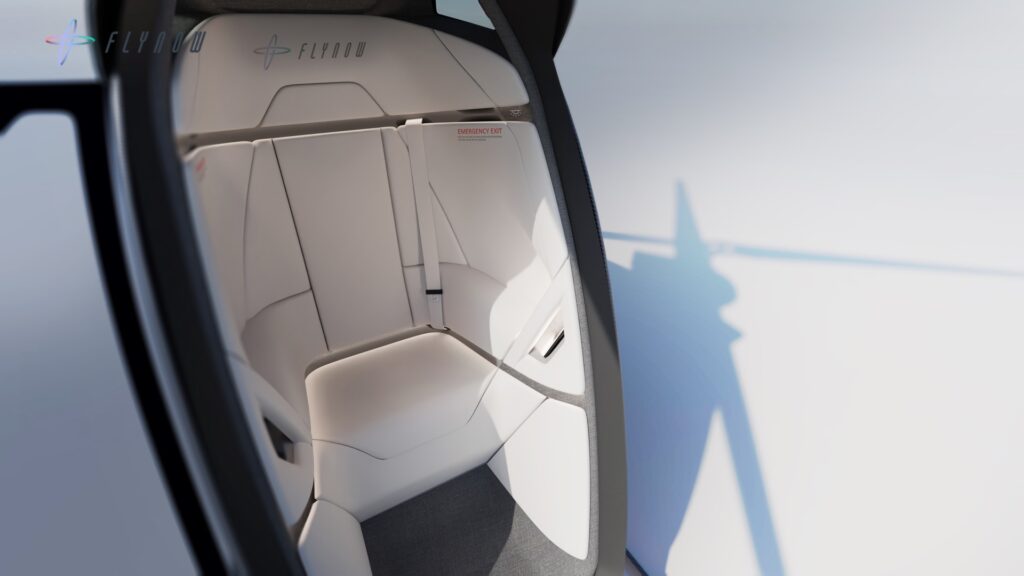
Conclusion
FlyNow’s eCopter represents an innovative approach to urban air mobility, emphasizing simplicity, affordability, and environmental sustainability. While technical and regulatory challenges remain, the concept has the potential to reshape urban transportation. As development progresses, close attention will be paid to prototype performance, certification processes, and the company’s ability to deliver on its ambitious cost and operational promises.
